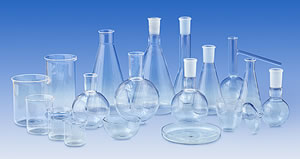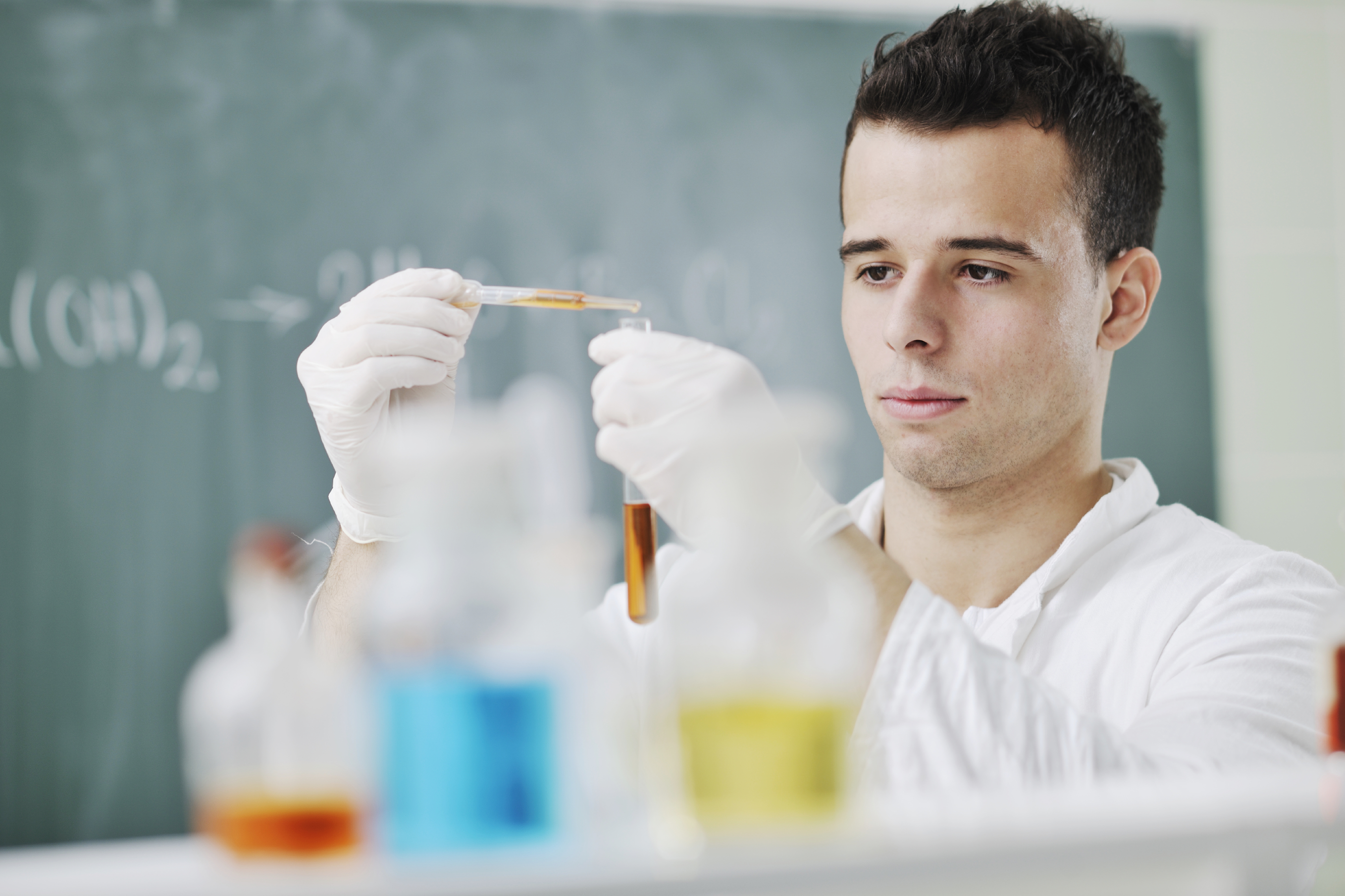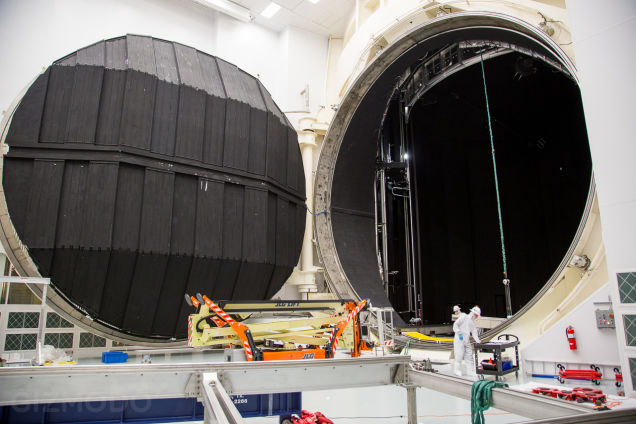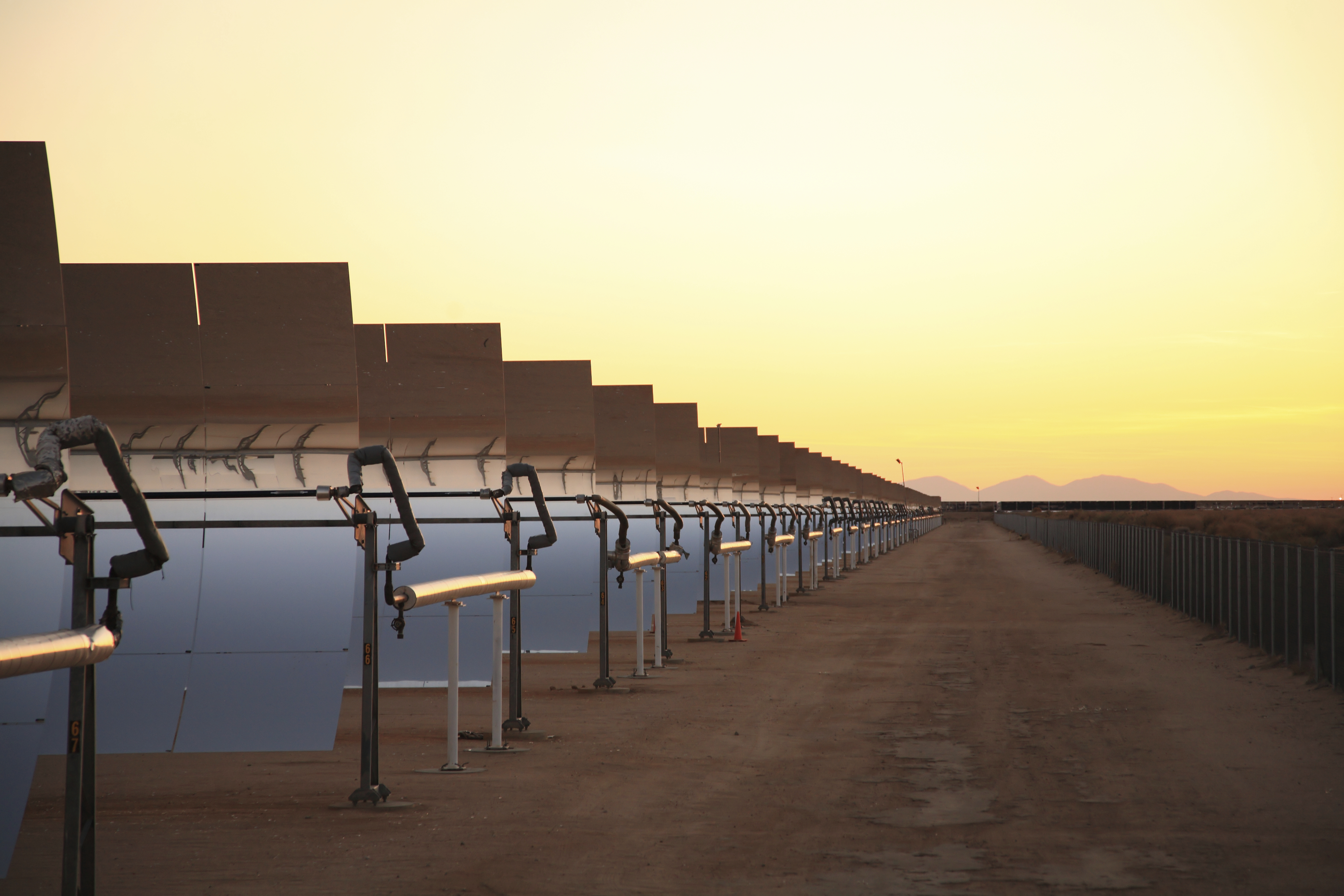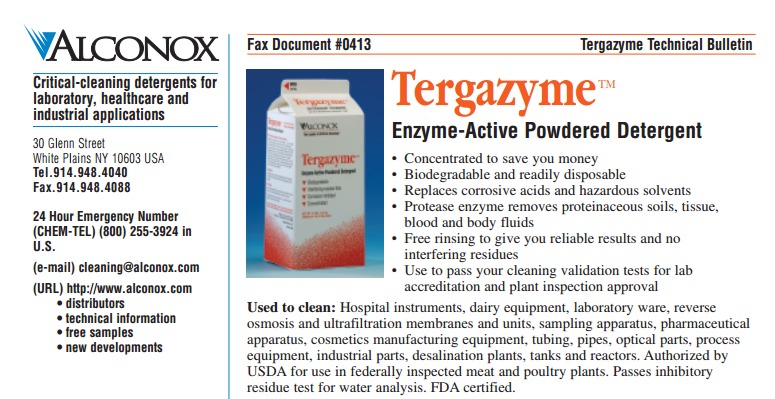Cleaning Laboratory Glassware by Soaking
Q. Some of our glassware was left soaking in Alconox or Alconox and then bleach for a long period of time. Is this okay? A. Laboratory glassware that is completely submerged in an Alconox® solution is generally ok even with extended soaking. However, if you leave the laboratory glassware partially submerged…
Removing Trace Metals, Inorganics & Organics without Acid?
Q. We are trying to reanalyze our cleaning procedure. Do you have a product that removes trace metals, inorganics and organics without an additional acid rinse? We sample waste water influent and effluent and collect in plastic containers. Please let me know what you would recommend.
A. Organic residues are typically effectively removed by alkaline cleaning. The most robust way to remove trace metals and inorganics is to use an acid rinse. However . . .
Cleaning Space Environment Simulation Chambers
Q. We are currently using Alconox® for cleaning of space environment simulation chambers. What do you recommend for a process to clean steel piping contaminated with DC-704 and Fryquel 550 and turbomolecular vacuum pump backing piping at JSC/NAS?
A. Alconox® detergent is the right choice, but vacuum pump grease is a very heavy difficult to remove residue. We recommend using very hot (170 deg F if possible) 2% Alconox® (20 g/L) followed by a very hot first rinse…
Assistance Developing Photovoltaic Cleaning Process
Q: We are looking to hire someone to design and implement a turnkey cleaning process for our Photovoltaic manufacturing application. Do you provide this service?
A: Yes. We do this type of work often. With increased governmental commitments to support renewable energy initiatives, winners and losers in solar module fabrication will be determined more quickly and by a variety of factors. One factor will be the elimination of defects to increase yields in the manufacturing process. Critical cleaning of substrates and superstrates is an essential component in achieving an optimal solar module fabrication process which reduces the cost per watt.
Cleaning Proteins from Commercial Kitchen Equipment
When cleaning stationary equipment exposed to raw or cooked proteins, clean with Tergazyme® using the following method:
Make a fresh solution of Tergazyme® using 2/3 cup in 4 gallons of warm water (See Table 2). For effective cleaning only use warm water, NOT hot water, to avoid having the hot water degrade the enzyme. Tergazyme® solution should be …
